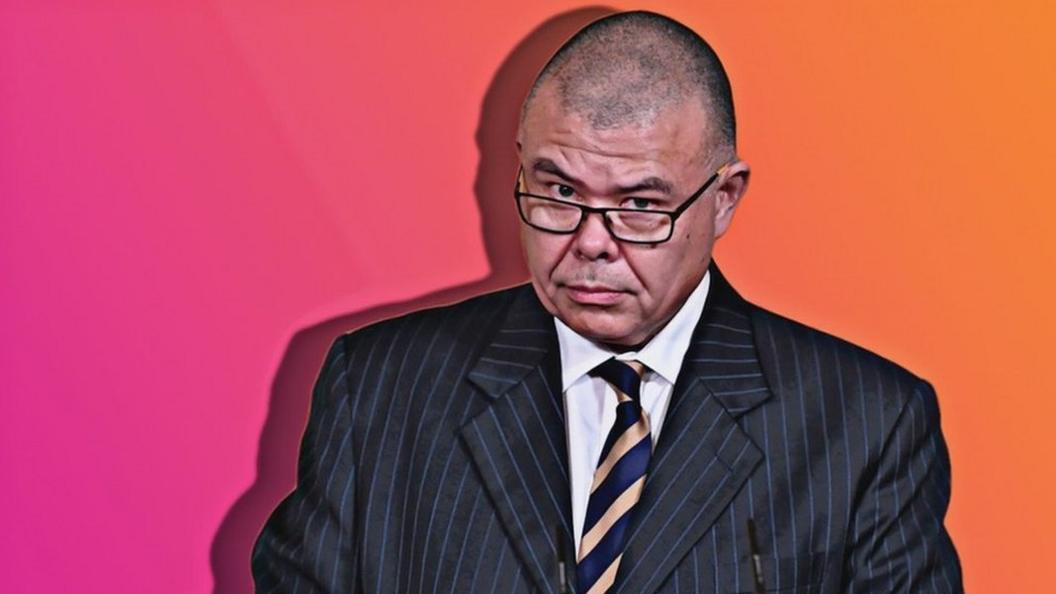Covid: Face mask rules end in England's secondary schools
- Published
- comments
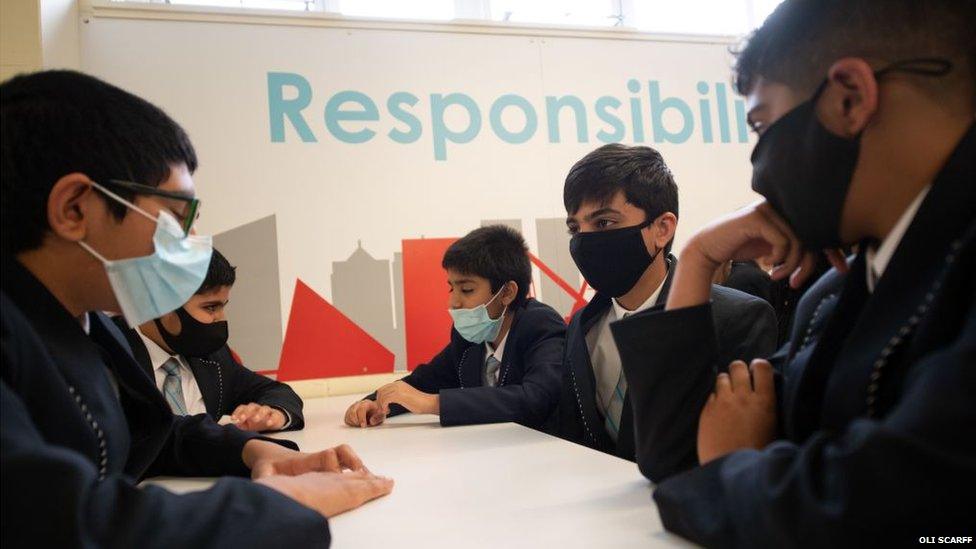
Secondary school pupils can stop wearing masks in classrooms from Thursday 20 January
'Plan B' Covid restrictions are to end in England from next Thursday, Prime Minister Boris Johnson has announced.
Face coverings will no longer be needed - with secondary school pupils allowed to stop wearing masks in classrooms from Thursday 20 January.
Advice for adults to work from home and Covid passports will also be dropped,
Mr Johnson told MPs that scientists believed the Omicron variant had peaked in England, and therefore rules could be relaxed.
What Covid rules are changing?
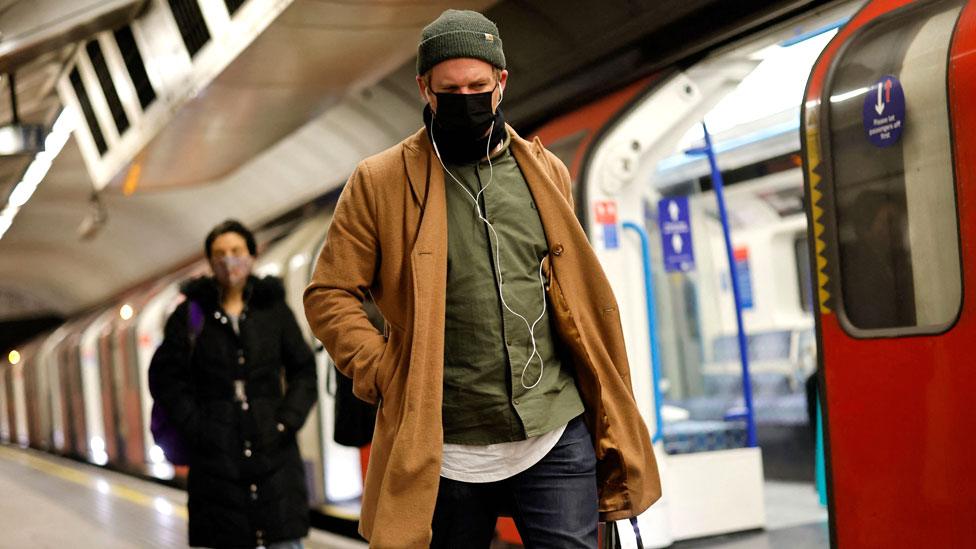
Passengers will no longer need to legally wear face masks on public transport
The prime minister confirmed compulsory Covid passports for entering large events will end, though organisations can choose to continue using the NHS Covid pass if they wish.
Face masks will no longer be needed, though people are still advised to wear coverings in confined or crowded spaces.
Mr Johnson also said the government planned to end the law for people to self-isolate after they test positive for Covid.
The restrictions were first introduced in December in an effort to control the spread of the Omicron variant in England and allow time for people to get the booster vaccine.
More than 36 million booster jabs have been given across the UK so far, with the government continuing to tell anyone who hasn't received their jabs to do so.
What about other countries in the UK?
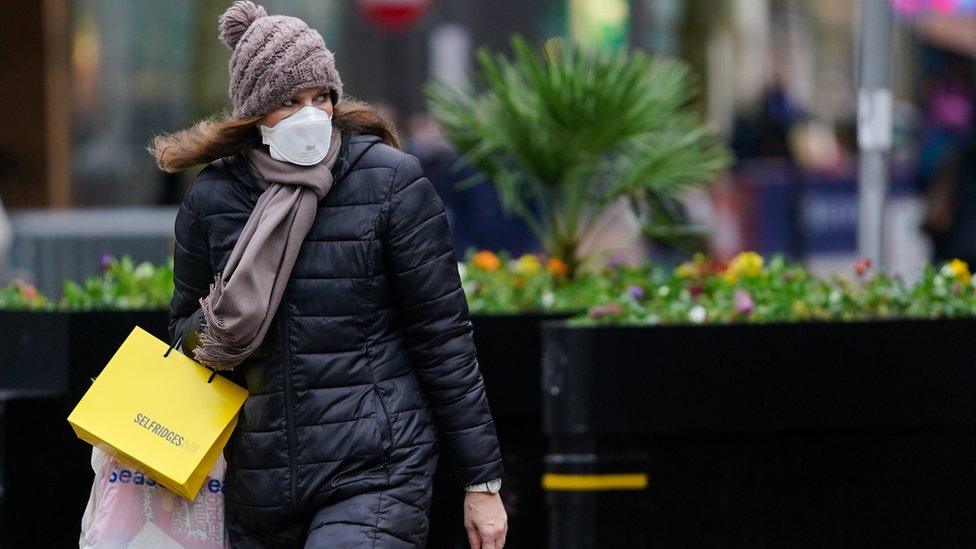
The UK's devolved nations - Scotland, Wales and Northern Ireland - make their own Covid rules.
In Scotland, most remaining restrictions will be lifted from Monday, including removing limits on indoor events.
In Wales, crowds will return to sporting events from Friday and nightclubs can reopen the following week.
In Northern Ireland, indoor standing events are still not allowed.
- Published10 January 2022
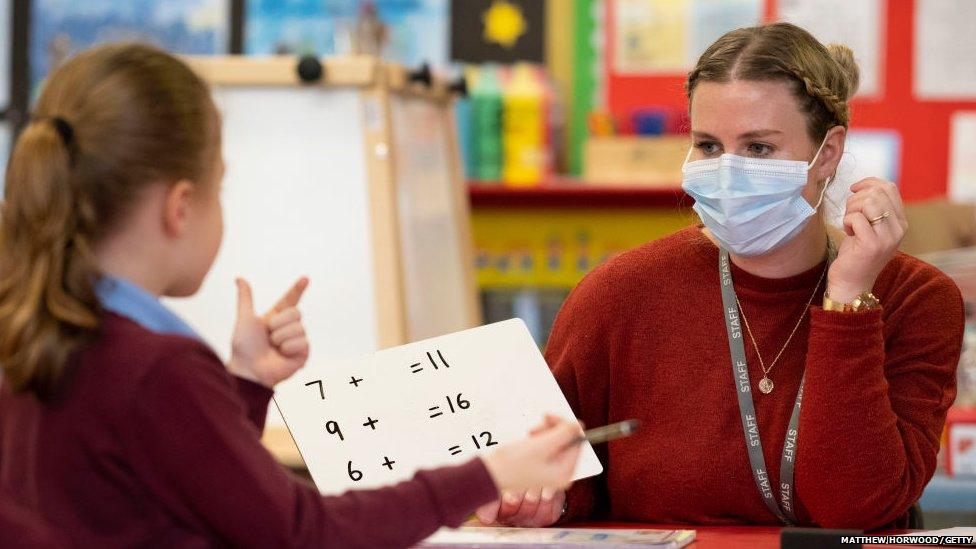
- Published15 January 2022
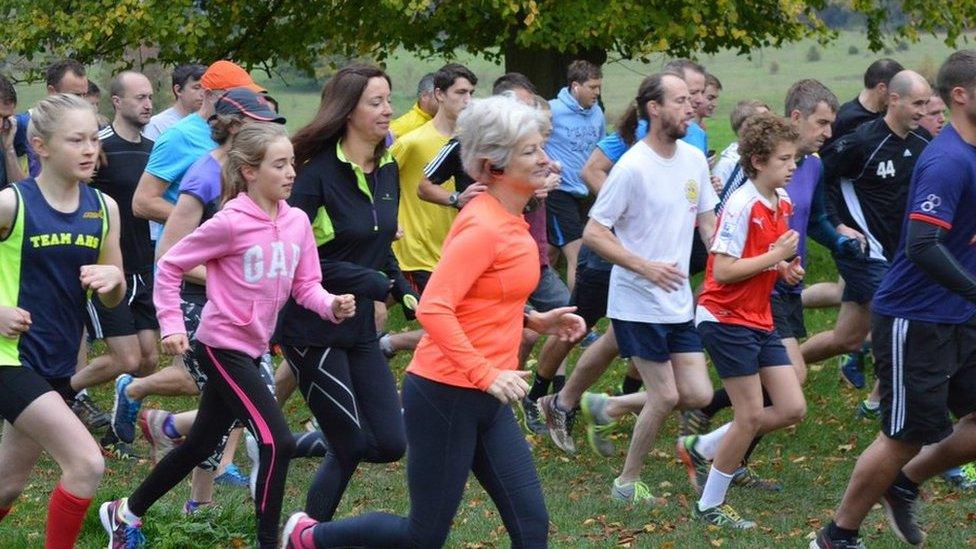
- Published16 December 2021
